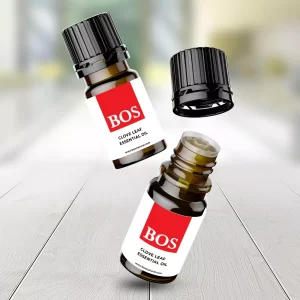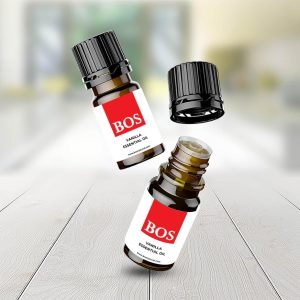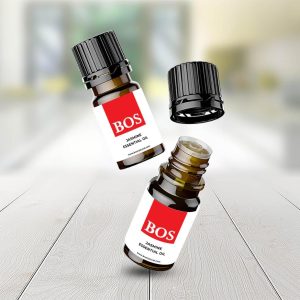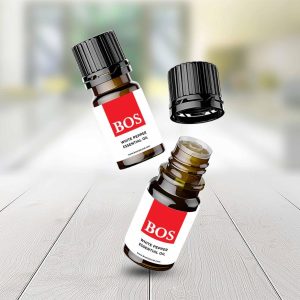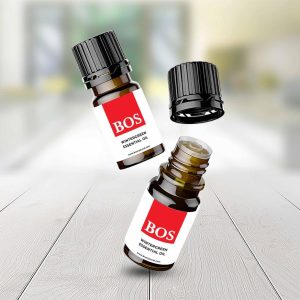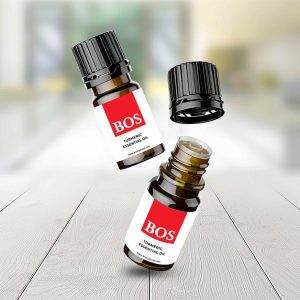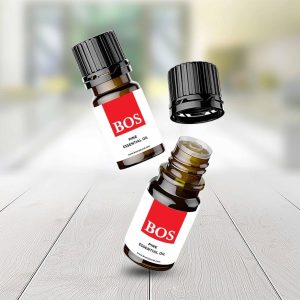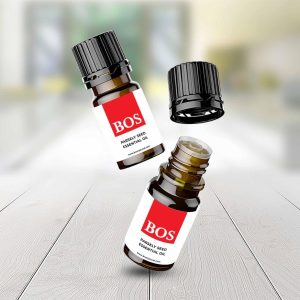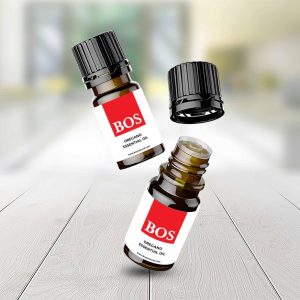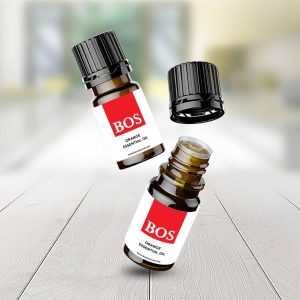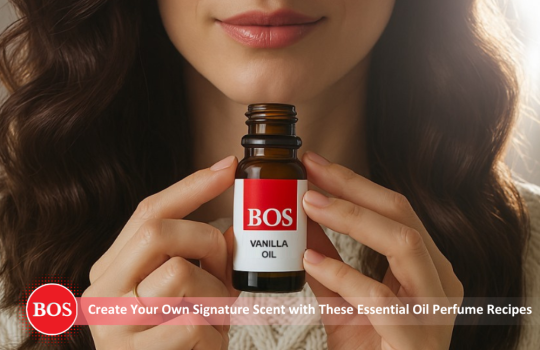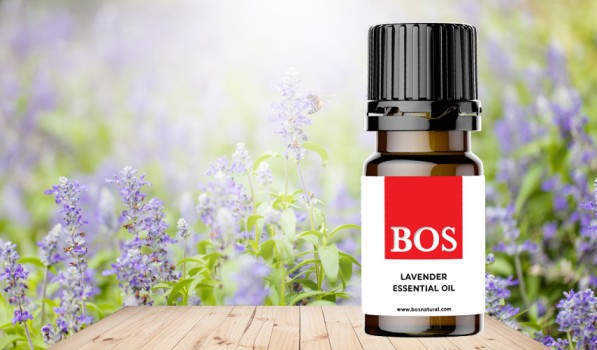Cinnamon Oil: The Spice of Life
December 16, 2024 2024-12-16 4:27
Cinnamon Oil: The Spice of Life
Cinnamon oil, with its warm and spicy scent, is more than just a seasonal favorite. Extracted from the bark or leaves of the ‘Cinnamomum’ tree, cinnamon oil has been cherished for its medicinal, therapeutic, and aromatic properties for thousands of years. In this blog, we explore the history of cinnamon oil, its benefits, the process of cultivation and extraction, its varieties, uses, and essential safety guidelines.
History of Cinnamon Oil
Cinnamon’s history dates back to ancient times, with references found in early Chinese, Indian, and Middle Eastern cultures. It was highly valued in Egypt for both culinary and medicinal purposes and was an integral component of the embalming process due to its preservative qualities. In the Bible, cinnamon was mentioned as part of the sacred anointing oil, highlighting its spiritual importance.
By the Middle Ages, cinnamon had become a prized commodity in Europe, symbolizing wealth and status. The oil, in its concentrated form, was often used in tonics to ward off illnesses, as it was believed to have powerful healing properties. Cinnamon oil’s reputation as a potent, multi-use substance has endured into modern times, making it a staple in natural health practices.
Benefits of Cinnamon Oil
Cinnamon oil is renowned for its broad range of health and wellness benefits:
– Antimicrobial and Antiviral Properties: Cinnamon oil has strong antimicrobial and antiviral properties, which can help protect against bacterial and fungal infections. It is often used in home cleaning products and diffused in the air to purify living spaces.
– Anti-Inflammatory Effects: This essential oil can help reduce inflammation, making it beneficial for individuals suffering from joint pain and muscle soreness. When applied topically (properly diluted), it can soothe discomfort and improve circulation.
– Improved Circulation: Cinnamon oil is a warming oil that enhances blood circulation. Improved blood flow can contribute to healthier skin, better heart health, and quicker muscle recovery.
– Antioxidant Power: Cinnamon oil is rich in antioxidants, which help combat free radicals and reduce oxidative stress in the body. This can potentially lower the risk of chronic diseases and slow down signs of aging.
– Digestive Aid: Cinnamon oil can help stimulate digestion, relieve bloating, and ease cramps. Its carminative properties make it effective for treating minor digestive issues when used appropriately.
– Mood Enhancer: The warm, uplifting scent of cinnamon oil can help reduce stress and improve mood. Its aroma stimulates the brain and promotes feelings of relaxation and contentment.
Cultivating Quality Cinnamon Oil
The quality of cinnamon oil depends significantly on the cultivation and harvesting practices. The ‘Cinnamomum verum’ (true cinnamon) tree and ‘Cinnamomum cassia’ (cassia cinnamon) tree are the primary sources for producing cinnamon oil. The best cinnamon trees thrive in tropical climates with rich, well-drained soil.
Sustainable farming practices and careful handling are essential to producing high-quality cinnamon oil. The timing of the harvest plays a crucial role; mature cinnamon trees, typically those around 2–3 years old, are harvested for their bark. Ethical and environmentally friendly practices ensure that the harvested bark is replanted or allowed to regenerate, maintaining ecological balance.
Extracting Cinnamon Oil
Cinnamon oil is extracted using two main methods:
- Steam Distillation: This is the most common method for extracting cinnamon oil. The bark or leaves are placed in a steam distillation unit, where steam helps release the oil from the plant material. The condensed steam then separates, yielding cinnamon oil.
- CO2 Extraction: A modern and more sophisticated method, CO2 extraction uses high-pressure carbon dioxide to draw out the oil. This method is prized for preserving more of the plant’s natural compounds and producing a purer oil.
The essential oil derived from the bark is more potent and concentrated, with a richer and spicier aroma, while oil from the leaves has a milder scent and different chemical properties.
Cinnamon Oil Uses
The uses of cinnamon oil are as varied as its benefits:
– Aromatherapy: Cinnamon oil can be diffused to create a warm, inviting atmosphere and lift spirits. It blends well with citrus oils, clove, and frankincense.
– Topical Application: When diluted with a carrier oil, cinnamon oil can be used to soothe sore muscles, promote circulation, and reduce inflammation. It can also be applied to the chest or back for respiratory support.
– Natural Cleaner: Due to its antibacterial properties, cinnamon oil is a common ingredient in homemade cleaning solutions. Adding a few drops to water and vinegar creates a safe, effective cleaning agent for surfaces.
– Hair Care: Some people incorporate diluted cinnamon oil into their hair care routines to stimulate scalp health and promote hair growth.
– Cooking and Baking: Food-grade cinnamon oil can be used as a flavoring agent in cooking and baking. A small amount adds a burst of warm, spicy flavor to dishes and desserts.
Cinnamon Oil Varieties
There are two primary types of cinnamon oil:
– Cinnamon Bark Oil: This variety is extracted from the bark of the cinnamon tree and is known for its rich, sweet-spicy aroma and potent properties. It is often used for its stronger antimicrobial and anti-inflammatory effects.
– Cinnamon Leaf Oil: Extracted from the leaves, this oil has a lighter, earthier scent and contains a different chemical composition, with eugenol as a prominent component. It is milder and better suited for topical applications and use in diffusers.
Contraindications for Cinnamon Oil
While cinnamon oil has many benefits, it must be used with care. Here are some important precautions:
– Skin Sensitivity: Cinnamon oil is a potent oil that can cause skin irritation or allergic reactions if applied directly or improperly diluted. Always use a carrier oil to dilute it before topical application.
– Pregnancy and Children: Pregnant women and children should avoid using cinnamon oil without consulting a healthcare professional, as it can be very strong and potentially cause adverse effects.
– Medical Conditions: People with liver or kidney issues should use cinnamon oil with caution. Additionally, those on blood-thinning medication should avoid cinnamon oil as it can have anticoagulant properties.
– Avoid Ingestion: Unless specifically labeled as food-grade and approved by a professional, essential oils should not be ingested due to their high concentration.


